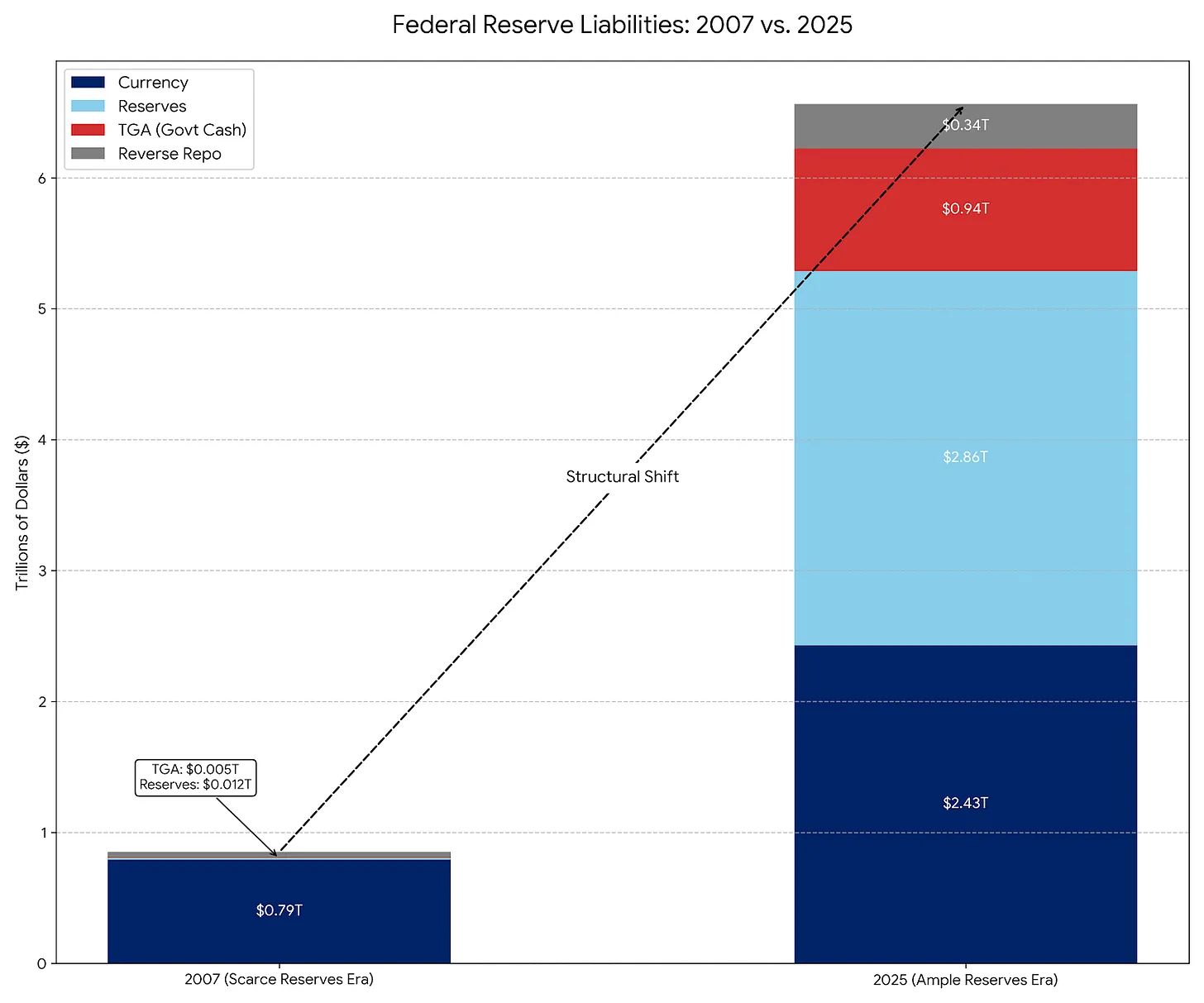The ongoing debate around crypto regulation just intensified with Senator Elizabeth Warren’s renewed opposition to the Digital Asset Market Structure Clarity Act (CLARITY Act) . This pivotal legislation, aiming to define regulatory lines for the burgeoning digital asset market, faces a formidable challenge from the prominent cryptocurrency critic. Warren’s concerns, voiced recently on MSNBC, highlight a crucial juncture for the future of crypto in the U.S.
Why Does Senator Elizabeth Warren Oppose the CLARITY Act?
Senator Elizabeth Warren, known for her skeptical stance on digital currencies, has made her position on the CLARITY Act unmistakably clear. Her primary argument centers on the potential for increased corruption among elected officials, a concern she articulated during her recent MSNBC interview.
Warren believes that the bill, in its current form, could open doors to undue influence and ethical breaches within the political landscape. She contends that the legislation, despite its stated goal of bringing clarity, might instead create loopholes or opportunities that benefit special interests at the expense of public integrity. This strong opposition from a senior senator underscores the complex political dynamics surrounding crypto regulation in Washington.
Understanding the CLARITY Act and Crypto Regulation
The Digital Asset Market Structure Clarity Act is a significant piece of proposed legislation designed to establish a comprehensive regulatory framework for the cryptocurrency industry. Its core objective is to delineate clear responsibilities between the two primary financial regulators: the Securities and Exchange Commission (SEC) and the Commodity Futures Trading Commission (CFTC).
Currently, the lack of precise definitions for various digital assets leads to regulatory uncertainty, often causing friction between these agencies and the industry. The CLARITY Act aims to resolve this.
Key aims of the CLARITY Act include:
- Defining which digital assets fall under the SEC’s purview (as securities).
- Clarifying which are commodities, regulated by the CFTC.
- Providing a more predictable environment for innovation within the digital asset market.
The House of Representatives has already passed this bill, signaling a bipartisan effort to address the growing need for structured crypto regulation.
What’s Next for the Digital Asset Market?
The CLARITY Act’s journey continues in the Senate, where it is scheduled for consideration starting in September. Republican leaders on the Senate Banking Committee have expressed a clear intention to pass the bill by September 30. This timeline suggests a push for swift action on crypto regulation before the end of the fiscal year.
The Senate’s deliberations will be crucial. Senator Warren’s vocal opposition could galvanize other senators who share her concerns, potentially leading to amendments or even a roadblock for the bill. Conversely, strong support from industry advocates and other lawmakers could ensure its progression.
The outcome will significantly impact the operational landscape for businesses and investors in the digital asset market.
The Broader Debate: SEC CFTC Roles
The debate over the CLARITY Act also highlights the ongoing struggle to define the roles of the SEC CFTC in overseeing digital assets. Gary Gensler, Chair of the SEC, has often asserted that most cryptocurrencies are securities, falling under his agency’s jurisdiction. In contrast, the CFTC has traditionally regulated commodities, including some digital assets like Bitcoin.
This jurisdictional overlap and ambiguity create a challenging environment for innovation and compliance. The CLARITY Act aims to resolve this by providing a legislative framework that assigns specific oversight to each body, thereby reducing regulatory arbitrage and enhancing consumer protection.
Achieving this clarity is paramount for the long-term stability and growth of the digital asset market.
Senator Elizabeth Warren’s firm opposition to the CLARITY Act injects a critical element into the ongoing discourse on crypto regulation. Her concerns about potential corruption underscore the broader challenges of legislating a rapidly evolving digital asset market. As the CLARITY Act moves to the Senate, its fate will not only determine the future roles of the SEC and CFTC but also significantly shape the trajectory of the cryptocurrency industry in the United States. This debate is far from over, and its resolution will have profound implications for everyone involved in digital assets.
Frequently Asked Questions (FAQs)
What is the CLARITY Act?
The Digital Asset Market Structure Clarity Act (CLARITY Act) is proposed U.S. legislation aiming to establish a clear regulatory framework for the cryptocurrency industry, defining the responsibilities of the SEC and CFTC.
Why does Senator Elizabeth Warren oppose the CLARITY Act?
Senator Elizabeth Warren opposes the CLARITY Act primarily due to concerns that it could encourage corruption among elected officials and create loopholes for special interests within the digital asset market.
What are the roles of the SEC and CFTC in crypto regulation?
The SEC (Securities and Exchange Commission) generally oversees digital assets considered securities, while the CFTC (Commodity Futures Trading Commission) regulates digital assets classified as commodities. The CLARITY Act seeks to provide clear definitions to streamline their respective roles.
When will the Senate consider the CLARITY Act?
The CLARITY Act is scheduled for consideration in the U.S. Senate starting in September, with Republican leaders aiming to pass the bill by September 30.
How might the CLARITY Act impact the digital asset market?
If passed, the CLARITY Act could bring much-needed regulatory certainty to the digital asset market by clearly defining oversight roles for the SEC and CFTC, potentially fostering innovation and improving investor protection.
The debate around the CLARITY Act and crypto regulation is a dynamic one, shaping the future of digital assets. Share this article on your social media channels to keep the conversation going and inform others about these crucial developments in the digital asset market.
To learn more about the latest crypto regulation trends, explore our article on key developments shaping the digital asset market’s future institutional adoption.


